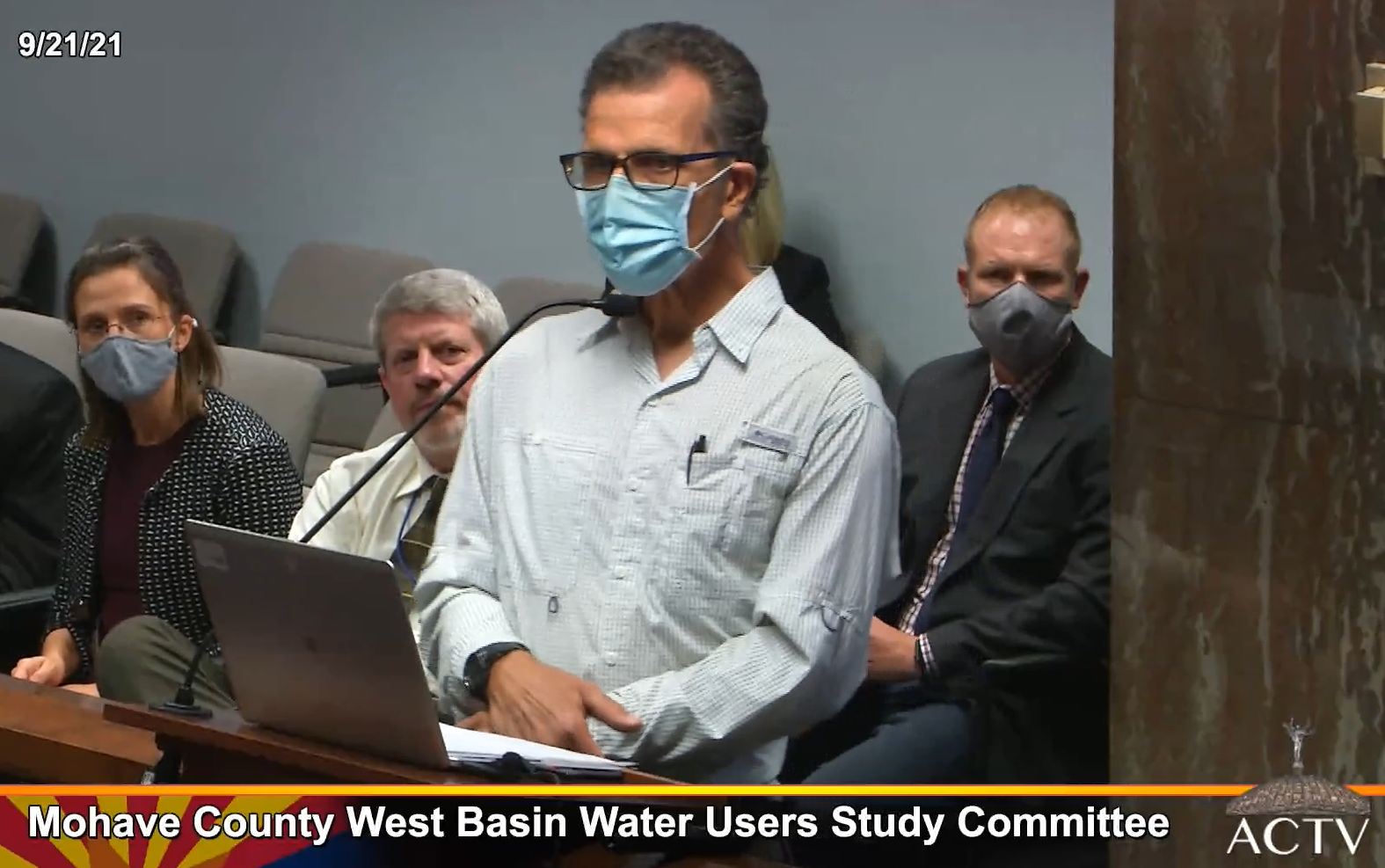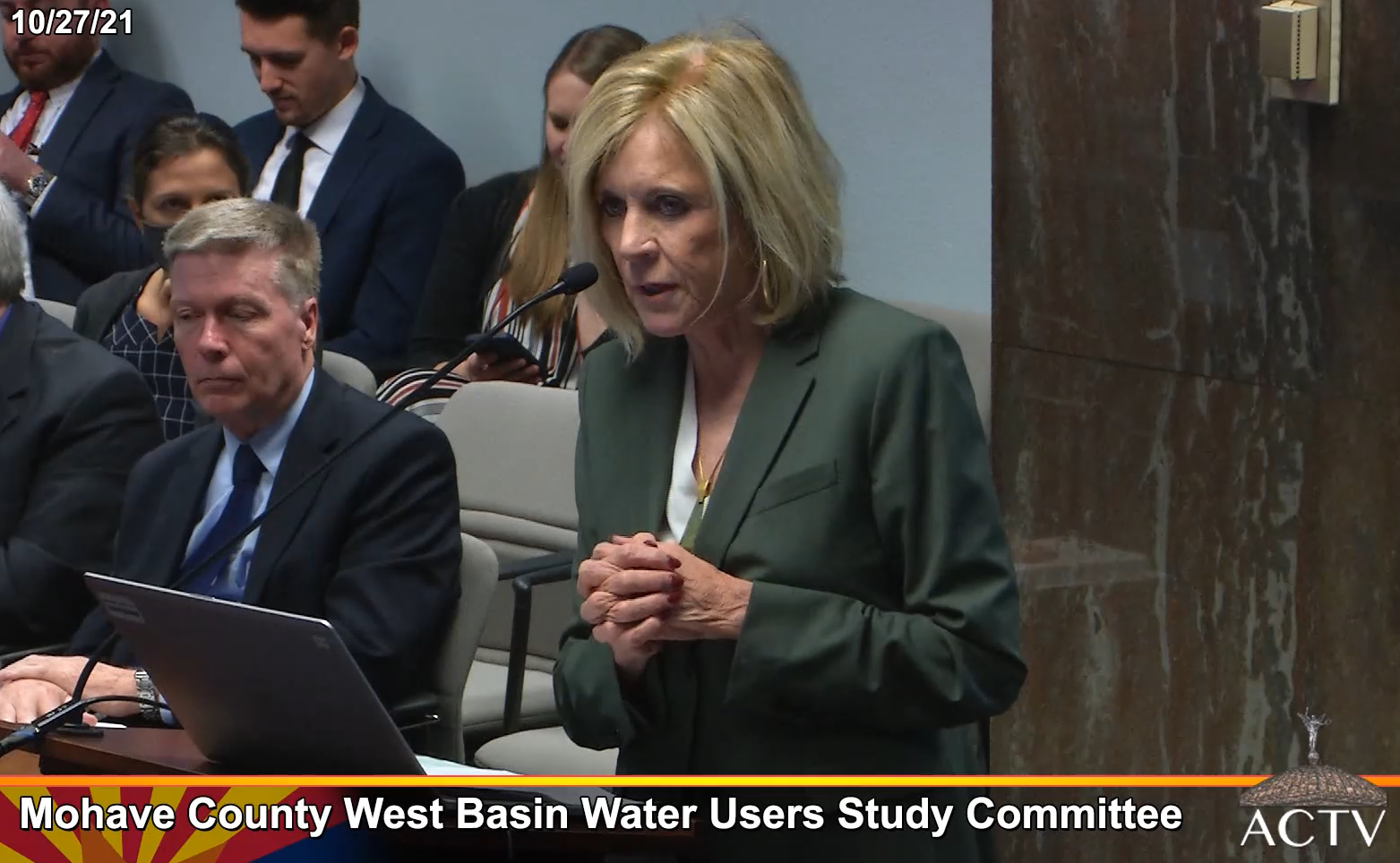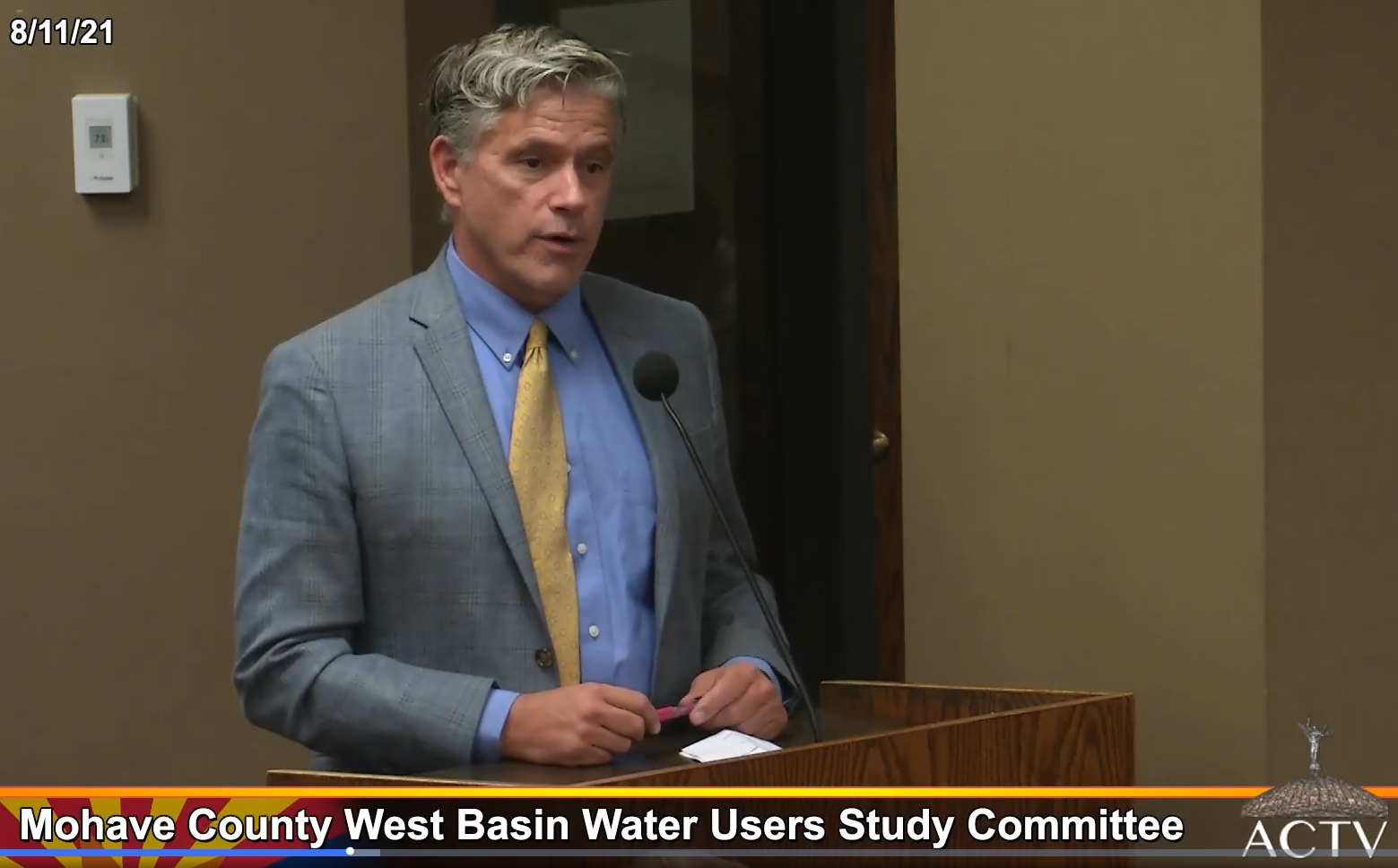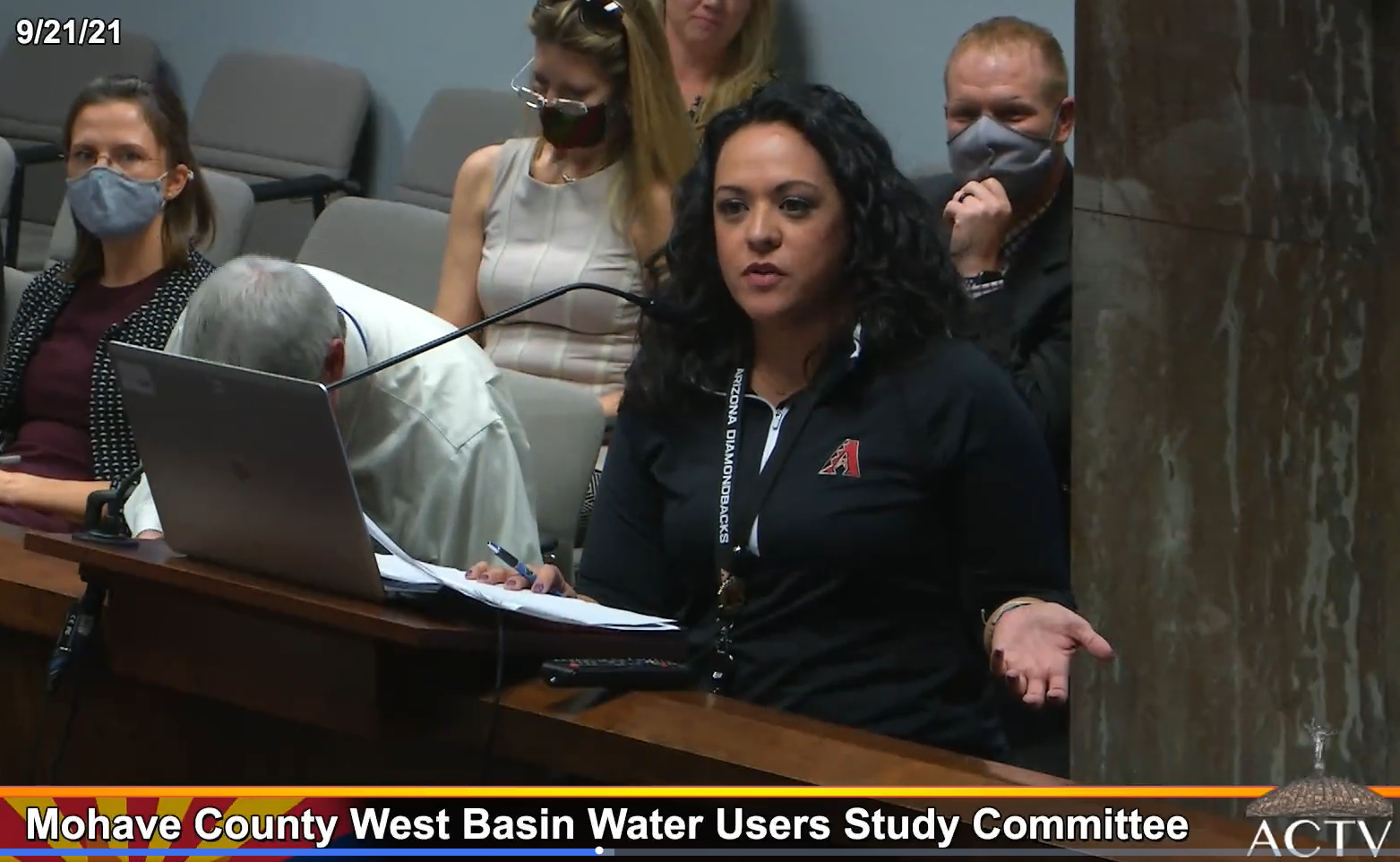Arizonans have spoken: It’s time to protect rural groundwater.
Across roughly 80% of Arizona, there are virtually no groundwater regulations, meaning that anyone can drill a well and pump groundwater, even if it dries up neighboring drinking wells or depletes flows in nearby rivers and streams. It’s the land of “the deepest well wins,” putting livelihoods, communities, agriculture and ecosystems at risk.
To help address this risk, state Rep. Regina Cobb introduced legislation two years in a row that would safeguard critical groundwater supplies by providing at-risk groundwater basins or subbasins in rural Arizona the opportunity to opt in to Rural Management Areas (RMAs). Doing so would trigger the creation of a local advisory board that can leverage a suite of tools to develop a groundwater management plan that considers local needs and context.
However, her bills have been stalled in the Legislature without opportunities for public input or vote.
To enable some discussion, Cobb successfully introduced another bill that created the Mohave County West Basin Water Users Study Committee, which held public hearings on water management issues in this northwestern region of Arizona.
In a signal of Arizonans’ desire for dialogue and action, the committee’s final meetings in 2021 attracted not only Mohave County residents but Arizonans across the state, including many who drove several hours just to share a few minutes of testimony.
Here is what they said and why Arizona leaders should listen and take action to protect groundwater:
No water came out of the faucet.

Some of the most powerful testimony came from residents who shared how unregulated pumping is directly affecting their lives and communities.
Steve Kisiel, for example, described how after he moved to Cochise County, large agribusiness operations moved in all around him with wells that were pumping up to 3,000 gallons of water per minute. One day, he turned on his faucet and no water came out.
The water level in the well he shares with a neighbor dropped over 75 feet in just 13 years. They had to spend $12,000 dollars to drill the well deeper, and now Kisiel says he lives in fear of “when, not if,” their well will dry up again.
Business, sports and recreation need water security.

Several business leaders spoke on the economic value of groundwater and the less tangible value that secure, reliable groundwater supplies provide to Arizona’s reputation. Future economic growth is at risk if water supplies are reliable in only certain parts of the state. Residents and business representatives also spoke about the connection between water stewardship and outdoor recreation in places like Lake Havasu.

Brian Tassinari, on behalf of Lake Havasu City
Even the Diamondbacks came out to pitch the importance of water stewardship and the need for dialogue.

Local leaders want the state to act.

In addition to Rep. Cobb, the Mohave County West Basin Water Users Study Committee consisted of four elected officials, three agricultural or ranching representatives, two industrial representatives, a private well owner and the state land commissioner as an advisory member.
After hearing testimony from over 20 people, the committee passed several resolutions at their final meeting in November in support of pursuing rural groundwater legislation during the 2022 legislative session, including a recommendation to introduce the Rural Management Area bill again. The committee published a final report in December documenting their activity and recommendations.
Legislation on rural groundwater is expected to be introduced this year for a third time, and Arizona has spoken: It’s time to move forward on an authentic public dialogue and vote to protect this vital natural resource. Arizona’s water security depends on it.










